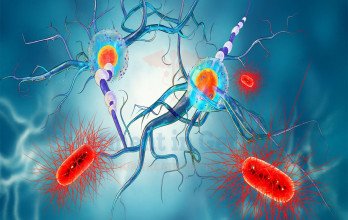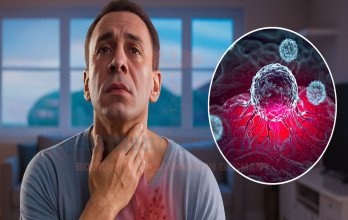
Learn about stage 4 adenocarcinoma lung cancer treatment in Germany, including TPCE, TACP, and dendritic cell immunotherapy with advanced diagnostic care.

Learn how bladder cancer survival varies from patient to patient and why international patients choose Germany for advanced diagnostics, embolization, and dendritic cell therapy.

Learn the first symptoms of liver cancer and explore advanced treatment options in Germany, including TACE therapy and dendritic cell immunotherapy.

Learn about stage 4 adenocarcinoma lung cancer, its symptoms, diagnosis, and advanced treatment options in Germany including TPCE, TACP, and dendritic cell therapy.

Explore new effective treatments for stage 4 cancer in Germany, including TACE, TACP, TPCE, and dendritic cell therapy, offering innovative options for international patients.

Learn how dendritic cell therapy strengthens immune response against cancer and why international patients choose Germany for this innovative personalized treatment.

Learn about the best treatment options for metastatic breast cancer in Germany, including TACE, TACP, and dendritic cell therapy, with expert care for international patients.

Learn why cancer treatment costs in Germany vary for each patient and explore typical prices for TACE, TPCE, TACP, targeted embolization, and dendritic cell therapy.

Learn the key symptoms of stage 4 esophageal cancer and discover why international patients choose Germany for advanced imaging, TACE treatment, and dendritic cell therapy.

Explore treatment options for ovarian cancer in Germany, including embolization and dendritic cell therapy, with support for international patients seeking advanced care.

Learn how survival for stage 4 ovarian cancer varies from patient to patient and why international patients choose Germany for embolization and dendritic cell therapy in Germany.

Learn how bladder cancer survival varies from patient to patient and why international patients choose Germany for advanced diagnostics, embolization, and dendritic cell therapy.

Learn what influences survival for stage 3 colon cancer and why international patients choose Germany for advanced imaging, TACE therapy, and dendritic cell immunotherapy.

Explore the key symptoms of stage 4 cervical cancer and learn why international patients choose Germany for advanced diagnosis, embolization treatment, and dendritic cell therapy.

Learn about the prognosis for stage 4 colon cancer, key factors influencing outcomes, and why international patients choose Germany for advanced treatment and supportive care.

.webp)
 (1).webp)

.webp)
 (1).webp)


.webp)
 (1).webp)

.webp)
 (1).webp)
